IBM announced that it will offer open data science platform Anaconda on IBM Cognitive Systems. Here’s how it could help your business.


“On March 13, the Institute celebrated the publication of The Usefulness of Useless Knowledge (Princeton University Press), which features IAS Founding Director Abraham Flexner’s classic essay of the same title, first published in Harper’s magazine in 1939.”
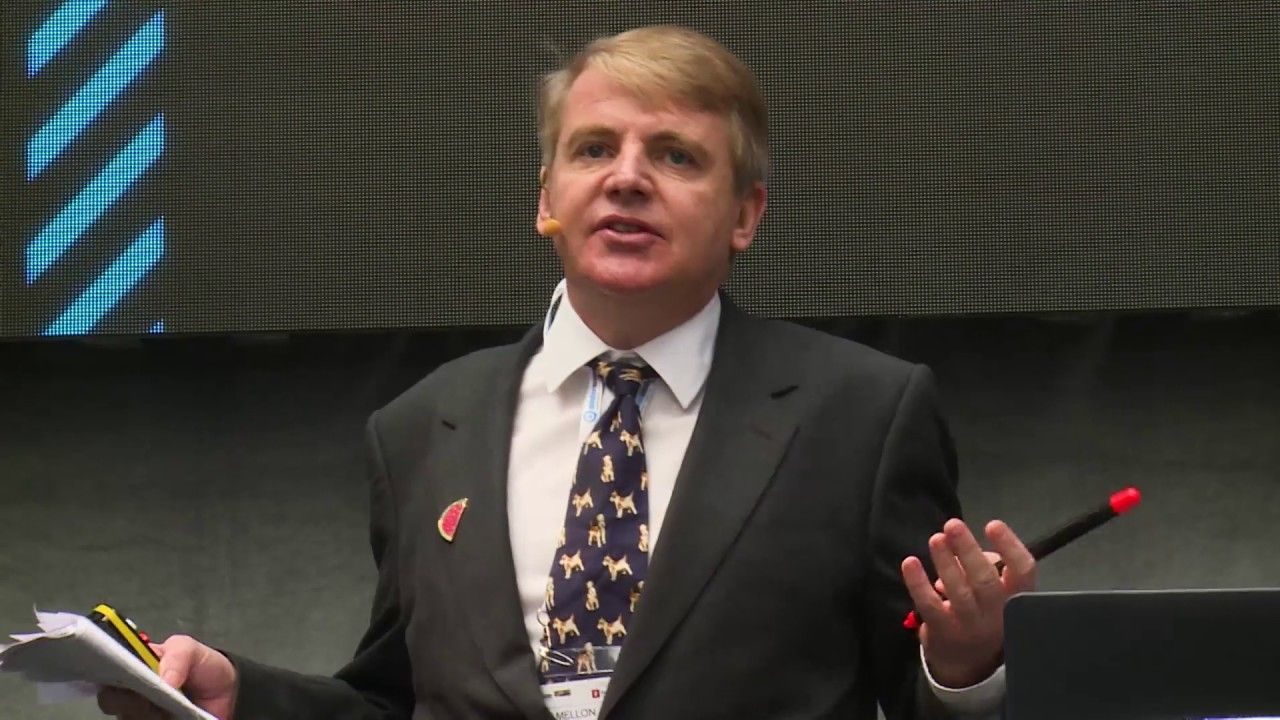
Interest in rejuvenation biotechnology is growing in the investment quarter.
Mainstream interest in rejuvenation biotechnology is growing.
“Investment in the development of rejuvenation therapies represents an enormous opportunity for profit; these are products for which every adult human being much over the age of 30 is a potential customer at some price point. That is larger than near every existing industry, either within or outside the field of medicine, even given that customers will only purchase such a therapy once every few years, for clearance of metabolic waste, or even just once, for treatments like the SENS approach of allotopic expression of mitochondrial genes. Among the first successful companies in this space, some will grow to become among the largest in the world: I’d wager that the Ford or Microsoft of rejuvenation will be a lot larger than the actual Ford of automobiles or Microsoft of personal computing.”
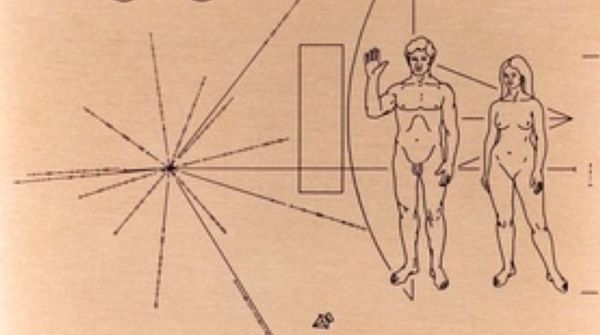
Scientists throughout the country across a wide spectrum of fields, from biochemists to physicists, are bemoaning the potentially devastating impact on science and technology in the United States of President Trump’s proposed budget request to Congress.
Massive funding cuts in the president’s proposed budget could be more devastating than any threat posed by illegal immigrants.
Stephen Hawking appeared through the marvel of modern technology as a hologram during an event in Hong Kong last week. He had some harsh words regarding our current climate of disregarding experts.
Stephen Hawking is a real wonder to behold. The now 75-year-old astrophysicist was told that he wouldn’t see past his 25th birthday due to his diagnosis of ALS (amyotrophic lateral sclerosis) or Lou Gehrig’s disease. And, although he is bound to a wheelchair, his mind has wildly surpassed his physical limitations.
Embracing his lack of limitations, Hawking recently appeared as a hologram at an event in Hong Kong last week. During the talk, Hawking fielded questions about exoplanets, black holes, and other topics that firmly fit within his area of expertise. He also made a few enlightening comments about current affairs.
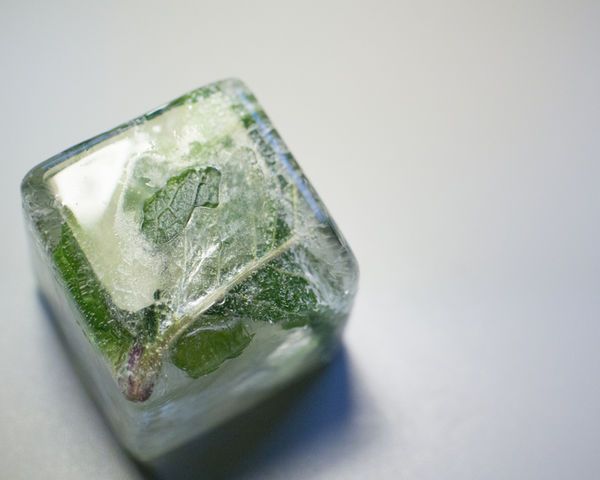
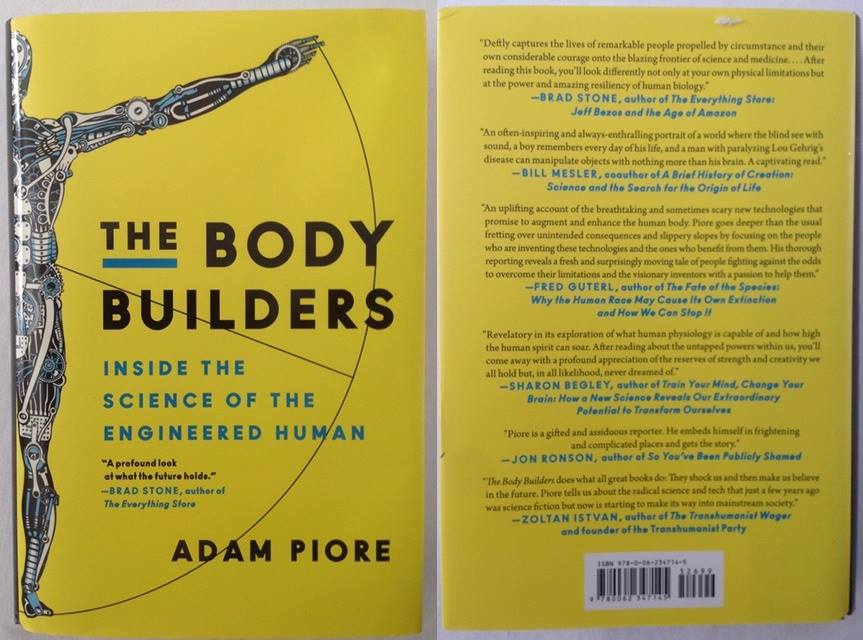
I’m quoted on the back cover saying it’s a great book! Give it a read! https://www.amazon.com/Body-Builders-Inside-Science-Engineer…atfound-20
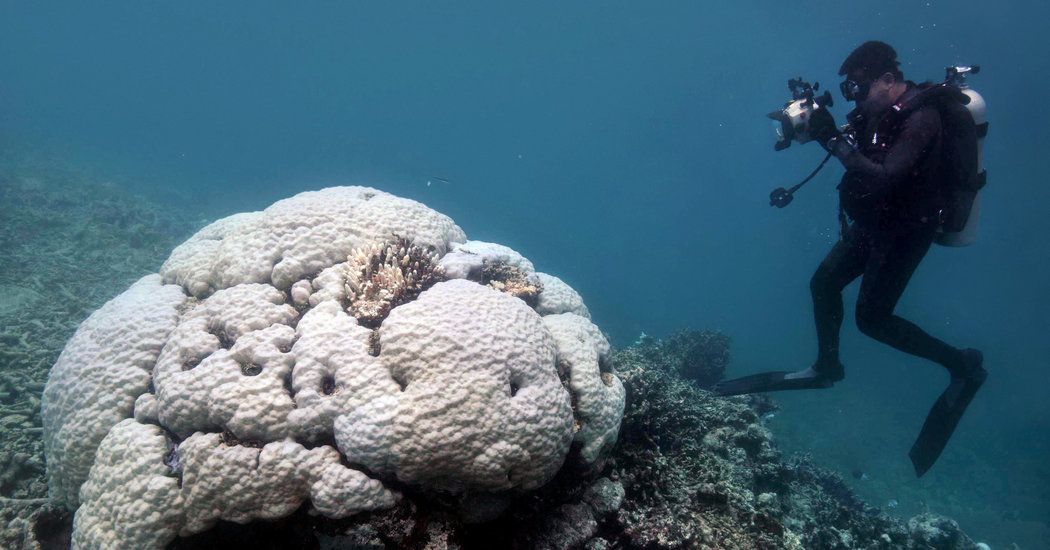
Words and promises of action in some far off future election will not save the once great natural wonder of the Great Barrier Reef from death.
If most of the world’s coral reefs die, as scientists fear is increasingly likely, some of the richest and most colorful life in the ocean could be lost, along with huge sums from reef tourism. In poorer countries, lives are at stake: Hundreds of millions of people get their protein primarily from reef fish, and the loss of that food supply could become a humanitarian crisis.
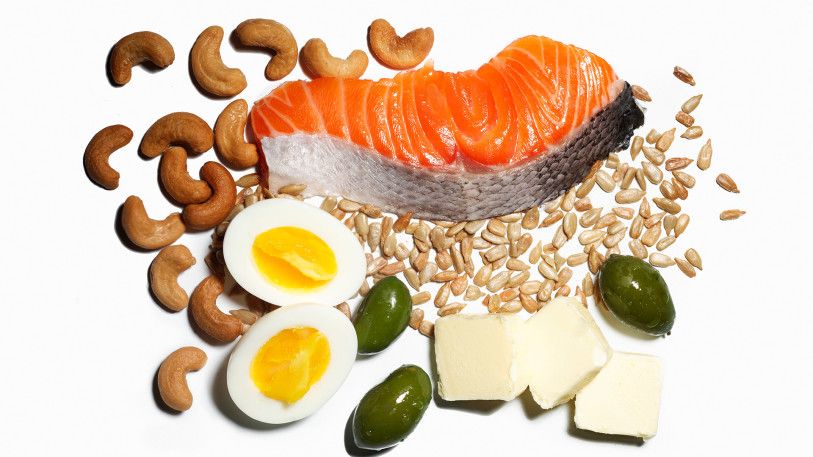

“The industry reports that, for the first time ever, solar was the number one source of new generating capacity, beating out wind and gas.”